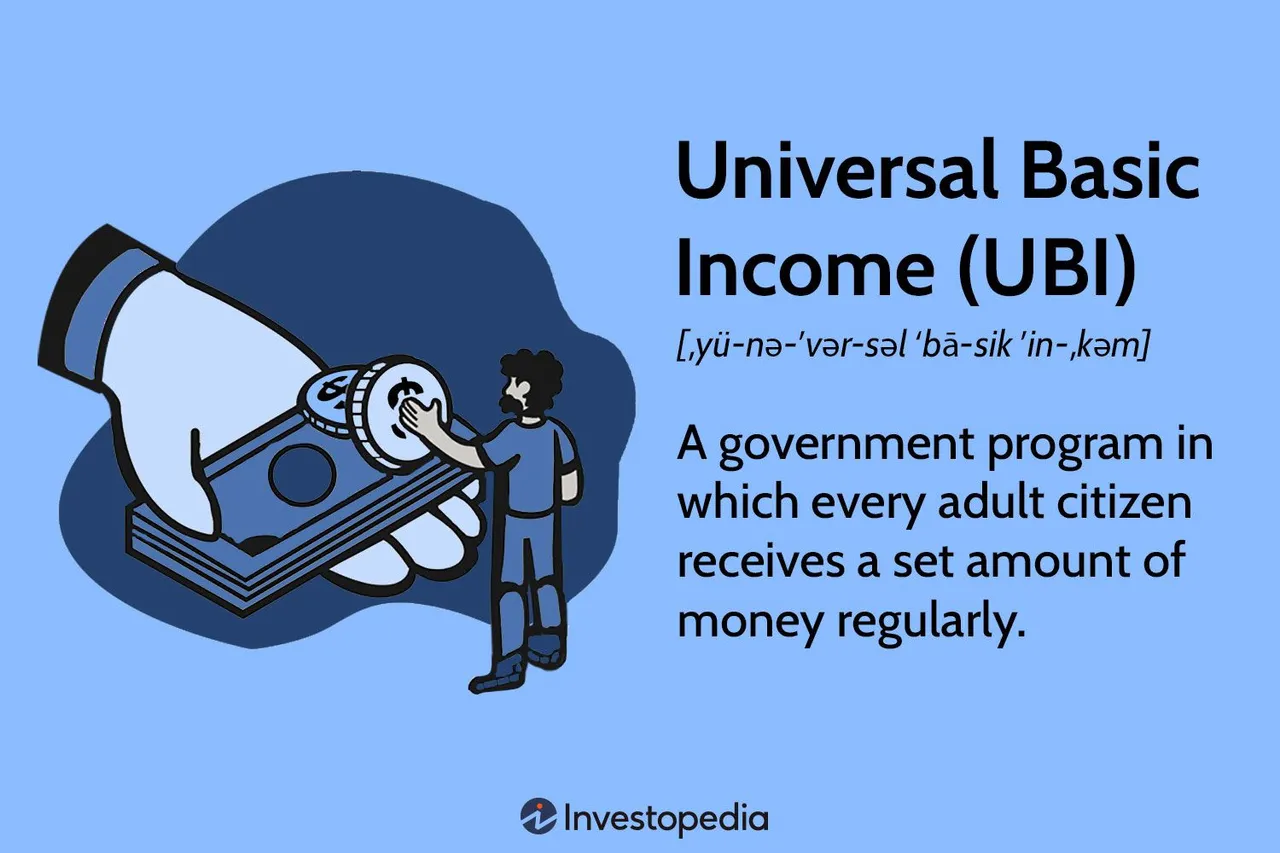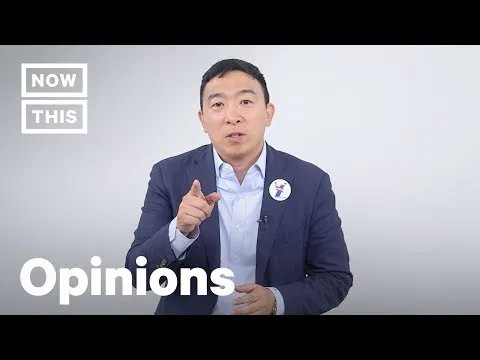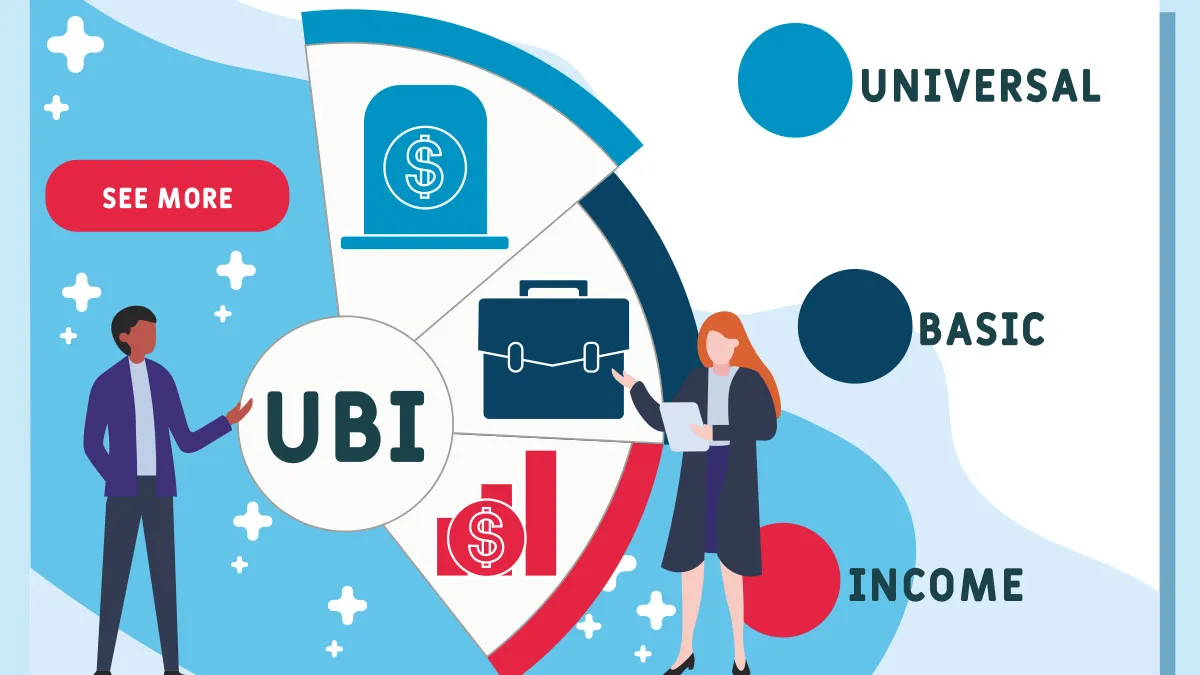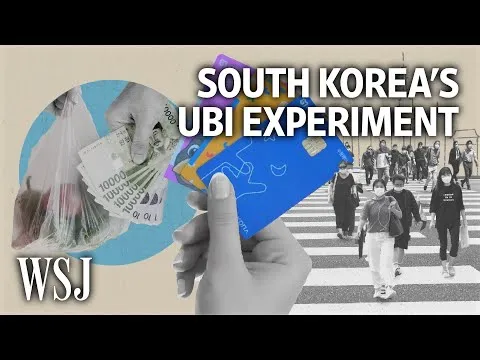When I first heard of UBI, I was like this is crazy and no way this would work. However, the more that I read about it, the more it makes sense. I've been meaning to write about this topic for quite some time now but just haven't had the time. I wanted to give as much thought as possible in regards to this topic and to present this discussion in a manner that explores both sides. A sort of debate format where i provide arguments and counter arguments for each side of the coin. And what would be the implications of having UBI in the world of cryptocurrency.

source

Before we start, if you are part of the Leofinance community let me know in the comments section below so I could check out your posts. I also recently participated in the Leo Power Up day and has given some insights on why I am bullish with the Leo token. Read about it here

Andrew Yang
Andrew is a business man and politician who ran for presidency last 2020. One of his main proposals is centered on the idea of Universal Basic Income. Where each and every American will receive $1000 a month regularly to cover all the basic needs. Below is a short video of his interview from four years ago.


Let's have a closer look on what UBI is about and tackle both sides of some key points.
Poverty Alleviation
Pro: UBI can significantly reduce poverty by providing a guaranteed income floor for everyone, ensuring that even the poorest members of society can meet their basic needs.
Con: Critics argue that UBI may not effectively target those in need, as it provides the same income to everyone, including those who are already well-off. This could lead to inefficient allocation of resources and potentially not reduce poverty as effectively as targeted programs.
This might possibly be the biggest reason for having a UBI and up to this date, it is still unclear to me if UBI can or cannot reduce poverty. Both sides have strong arguments in theory but remains to be seen in actual application on a grand scale,.

Economic Stimulus
Good: UBI can stimulate economic growth by putting more money in the hands of consumers, leading to increased spending, investment, and job creation.
Bad: Skeptics contend that UBI may lead to inflation if it boosts consumer demand without a corresponding increase in the supply of goods and services. They argue that this could erode the purchasing power of the basic income over time.
Personally, I am in favor of the good side here. Constant consumer spending keeps the wheels of an economy rolling. However, looking at the bad side of things, hyper inflation has already caused states and countries to crash.
Welfare Simplified
Advantage: UBI can streamline and simplify the welfare system by replacing various means-tested programs with a single universal payment, reducing administrative costs and bureaucracy.
Disadvantage: Skeptics argue that UBI might not cover the specific needs of vulnerable populations, such as disabled individuals or those with high medical expenses, who currently benefit from targeted assistance programs. They fear that a one-size-fits-all approach may leave these individuals worse off.
I am in favor of UBI when it comes to welfare, not all needs could be handled and taken care of by the government, and I believe many more below the poverty line will benefit and in turn be in a position to help out those who needs specified needs.

Entrepreneurship and Innovation:
Strengths: UBI can provide a financial safety net that encourages individuals to take risks, pursue entrepreneurship, or invest in education and skills development, which could lead to greater innovation and economic growth.
Weaknesses: Opponents argue that UBI might discourage work and productivity, as some individuals may choose not to seek employment or engage in low-wage work if their basic needs are met. This could potentially lead to labor shortages and reduced economic output.
I am in again favor of UBI when it comes to pushing entrepreneurship and innovation. Someone who already has all his basic needs met will crave and have that desire to do more and be more. I think that for many, they are being lazy because the work that they do is something that they either don't like or doesn't pay enough to compensate daily needs, or both.

Social Stability and Well-being
For: UBI can enhance overall social stability and well-being by reducing income inequality, alleviating financial stress, and providing individuals with more control over their lives.
Against: Critics contend that implementing UBI without a clear funding mechanism could lead to increased taxation, negatively impacting the middle class and creating potential disincentives for economic growth. They argue that it's crucial to address the financial feasibility of UBI.
I am again in favor for UBI where I believe that there will be less crimes associated to poverty and will push the good side of humanity in order to achieve more.


